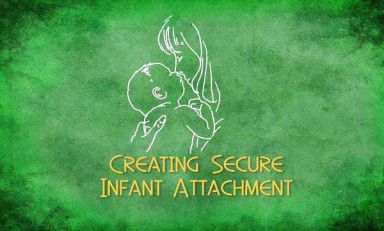

We all want the best for our children and families, but parenting isn’t easy. These guides and resources can help you navigate common family challenges, build strong relationships with your children, and support their healthy development.
View FAQs

How to comfort and soothe a crying, upset, or colicky baby

The different ways of bonding and communicating with your infant


How to bond with your stepchildren and handle stepfamily issues


Helping your baby get the best possible start in life


Parenting tips for creating a strong attachment
